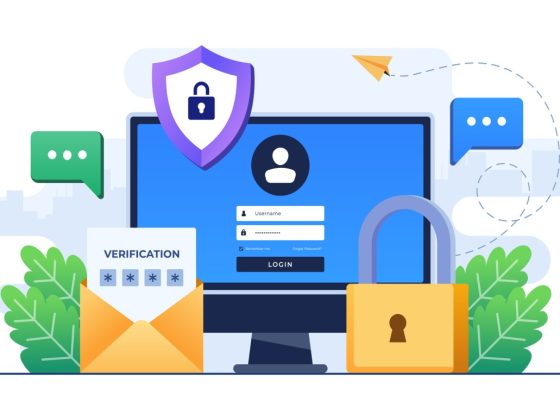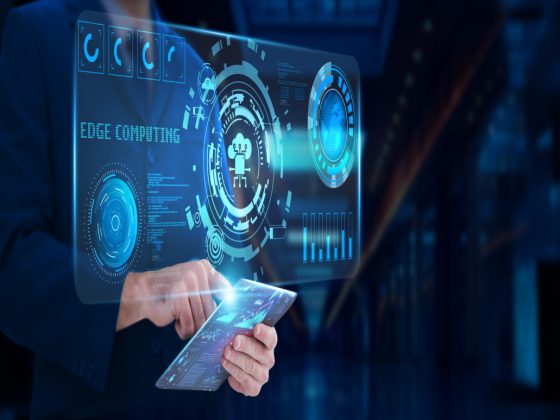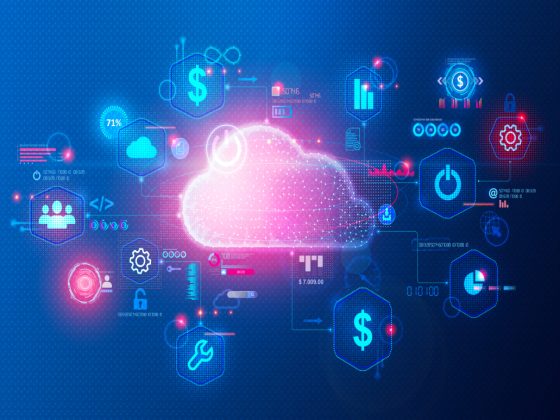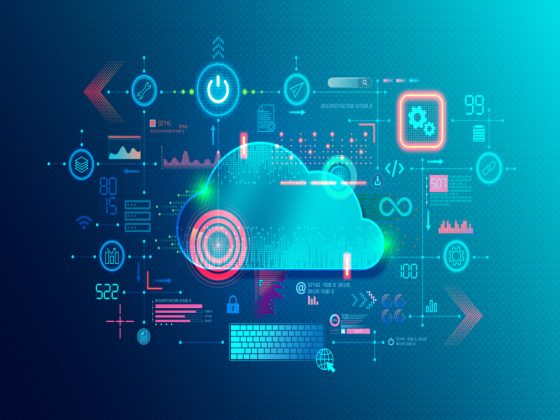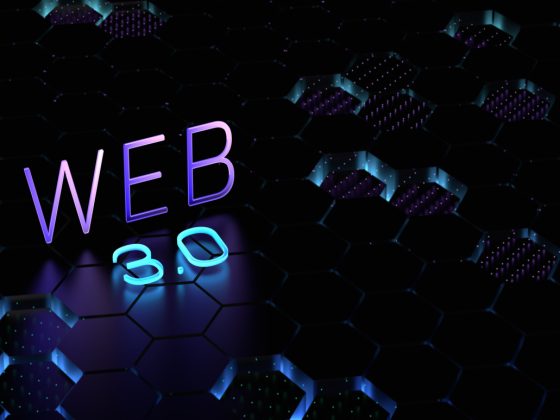AI Impact on IT Jobs: An Insight in 2024
Artificial Intelligence (AI) has been the talk of the town these past few years. It has almost completely changed the way we live and work. The development of AI tools and systems has positioned it at the center of key industries and business processes, especially for the IT sector. Studies have shown that the global AI industry is expected to reach a market value of $1.59 trillion by 2030.
However, with these rapid developments, there has been a lot of discourse about the negative impact of artificial intelligence on employment in the IT sector. Will AI create new job opportunities or take jobs away from skilled IT professionals? In this article, we will explore the continuing rise of AI in the IT sector and explore the impact it has had (the pros and cons) on employment and the AI impact on jobs as a whole.

The Rise and Growing Impact of AI on Jobs
Trying to understand the complexities of artificial intelligence’s impact on job market logistics?
AI has quickly grown from a dream to a practical reality in the IT industry. AI was initially limited to performing repetitive, routine tasks with a straightforward line of logic or process. However, with recent advancements in machine learning and deep learning algorithms, AI now has the capability to collect and analyze large amounts of data, detect complex patterns and make key decisions.
While this does mean that IT professionals can automate repetitive and time-consuming tasks, enabling them to focus on higher-level, strategic processes; many argue that the rapid advancement of AI has led to a significant amount of job displacement.
While it is true that AI can automate key parts of many job roles, it is very unlikely to replace skilled human professionals entirely. Instead, AI is expected to support human IT professionals by augmenting their abilities- leading to diverse, specialized roles and job opportunities.
Example: AI tools can automate customer queries and feedback, allowing IT teams to focus on solving more complex technical issues.
The Positive Impact of AI on IT Jobs-
Automation
AI systems and tools can perform repetitive and mundane tasks much faster and more accurately than humans. This significantly reduces the need for manual intervention by IT professionals.
Imagine an AI-powered software tool that is able to execute test cases, quickly find bugs and generate reports with documentation. This quickly streamlines software development processes, allowing IT professionals to focus on higher-level tasks. These can include building advanced algorithms, managing strategic processes and building innovative solutions to problems that AI can’t solve.
Better Decision-Making
The biggest benefit of AI isn’t accuracy. It’s speed. With the ability to collect, analyze and evaluate massive amounts of data in just a few seconds, IT professionals can now make more informed decisions faster than ever before.
From identifying complex patterns in unstructured data to leveraging predictive analytics to forecast future outcomes, AI tools can provide invaluable insights that can support more informed organizational decision-making.
Personalized Processes
AI can do much more than just look at large amounts of information. It can also understand people! New AI-powered tools and algorithms can now be used to tailor experiences and output to each individual employee’s unique needs.
By analyzing user data, AI can now identify skill gaps and offer customized solutions to specific problems- leading to more engaged and successful employees. They serve as intelligent personal assistants, automating boring tasks and providing quick insights that can substantially increase efficiency.
Improved Collaboration
With access to real-time feedback and user-friendly collaboration tools, IT professionals can now use AI to work together more effectively and efficiently. AI-powered resource hubs and tools make it easier than ever before to share information and address problems as a team.
Enhanced Cybersecurity
Another great advantage of AI-powered solutions is their ability to enhance the cybersecurity of IT systems by quickly detecting and responding to potential threats faster than humans can.
This significantly minimizes the risk of data breaches and other cyber vulnerabilities. Over time, AI could eventually automate the entire process of identifying potential threats in IT systems and software.
The Negative Impact of AI on IT Employment-
1. Obsolete Skills
As AI continues to advance and play a more key role in organizational systems, there is a growing need for IT professionals with the necessary skills to use and leverage these tools effectively. However, many employees do not currently possess the skills required to grow with AI-driven roles, leading to unemployment in the short term.
2. Larger Skill Gaps
While skilled IT professionals who can continue to grow with AI tools and processes may continue to do well, employees with smaller or more limited skill sets may find it difficult to adjust to AI-driven organizations.
3. Job Displacement
The automation brought forward by AI could potentially render some job roles obsolete or unnecessary, especially those that involve routine and repetitive processes. This could potentially lead to temporary job displacement if job roles are not diversified over time.
The Impact of AI on the Job Market –
The rise and development of AI will absolutely change the job market as we know it and the way you should approach your next role. While it can help IT-based organizations automate certain tasks, make better decisions and operate more efficiently (leading to the creation of new types of jobs), it may also lead to job loss and larger skill gaps.
Therefore, it is crucial to prioritize continuous education and job training to help IT professionals grow in AI-driven systems. While automation may eliminate some aspects of IT roles, it does not necessarily mean that the role itself will be displaced entirely. Instead, AI usually leads to a shift in the nature of day-to-day responsibilities, allowing skilled, human professionals to take on more creative and innovative roles.
Conclusion: Balancing AI Advancements and Employment Security-
While artificial intelligence may affect employment in the IT sector in various ways, it offers a unique and exciting set of opportunities and challenges. The future of employment security for IT professionals in an AI-driven world depends on how well they can adapt to these quick changes.
A balanced approach that involves constant training, fair job policies and ethical AI integration can ensure that we make the most of the benefits of AI without negatively impacting employment security.
Looking for your next dream position? VeriiPro can help! By bringing you cutting-edge job opportunities, we can ensure that your next role aligns with your goals. Get hired today!
Frequently Asked Questions –
How is AI impacting IT jobs in 2024?
AI is transforming IT jobs by automating routine tasks, enhancing productivity, and creating new roles that require advanced technical skills. However, it also poses challenges such as job displacement and the need for continuous skill upgrades.
What are the positive impacts of AI on IT jobs?
AI can improve efficiency, reduce human error, and enable IT professionals to focus on more strategic tasks. It also creates new job opportunities in AI development, data analysis, and cybersecurity.
What are the negative impacts of AI on employment?
The negative impacts include potential job losses due to automation, the need for reskilling, and the displacement of workers who may not adapt quickly to new technologies.
Which IT job roles are most affected by AI?
Roles that involve repetitive and routine tasks, such as data entry and basic support services, are most affected. Conversely, jobs in AI development, machine learning, and data science are seeing increased demand.
How can IT professionals prepare for the AI-driven job market?
IT professionals can prepare by continuously updating their skills, focusing on areas where human expertise is irreplaceable, such as complex problem-solving, creativity, and emotional intelligence. Engaging in lifelong learning and obtaining certifications in AI and related fields can also be beneficial.


